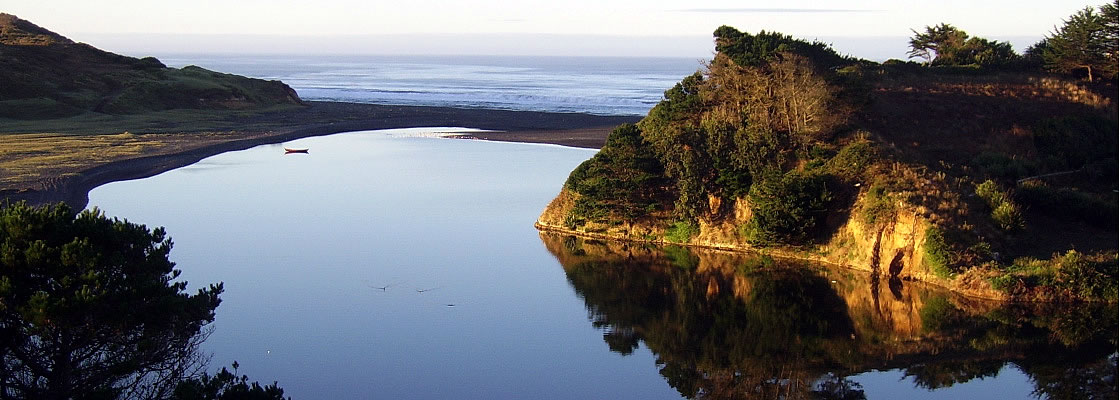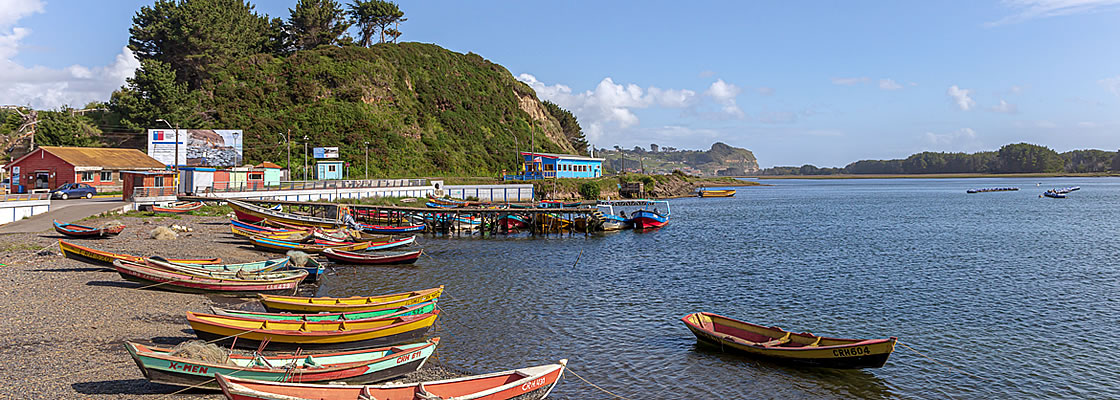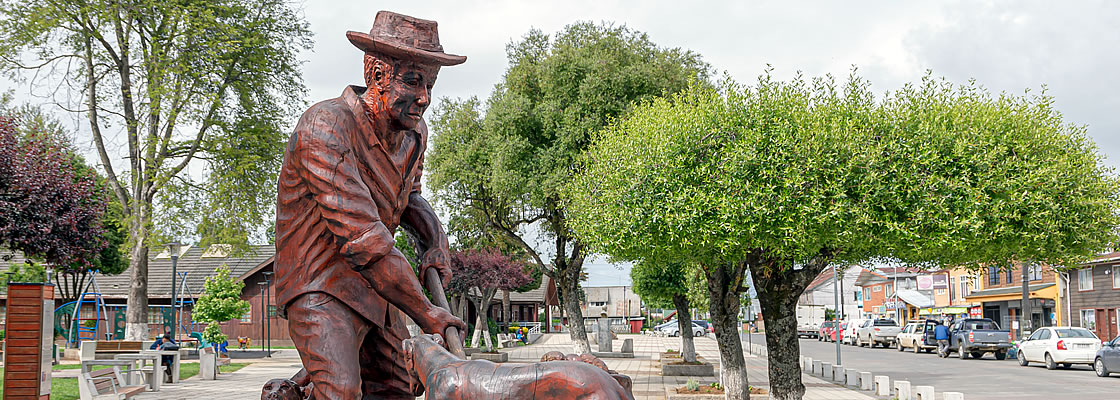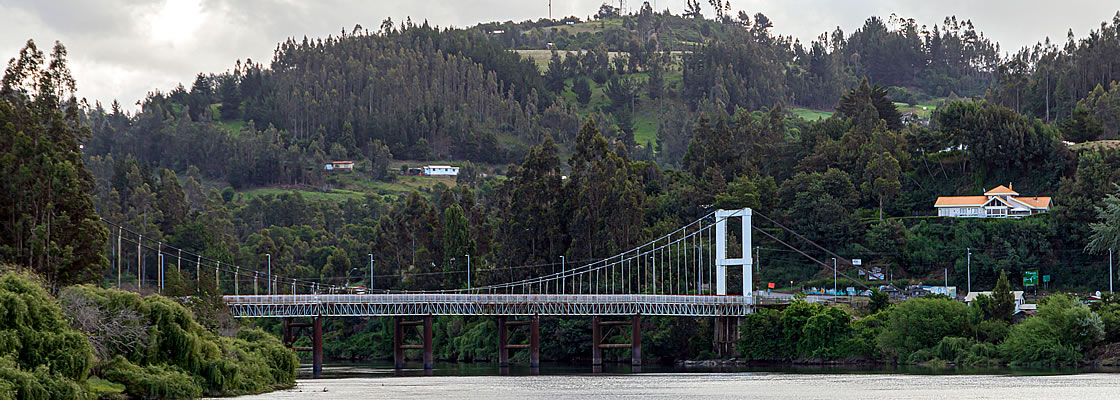Bus
Most buses travel overnight. Buses depart from:
• Terminal Alameda: 3570 Bernardo O’Higgins Ave., Universidad de Santiago subway station. Phone number: 562 27762424.
• Terminal Santiago (previously called “terminal Sur”): on the corner of Alameda and Nicasio Retamales, 150 m (93 miles) west from Terminal Alameda. Phone number: 562 23761750.
• Terminal San Borja (previously called “terminal Norte”): on the corner of San Borja and Alameda, nearby Estación Central train station. Phone number: 562 27760645.
From Temuco to Victoria, Curacautín. Lonquimay, Cunco y Melipeuco from the Rural Buses terminal, located at 032 Pinto Ave.










